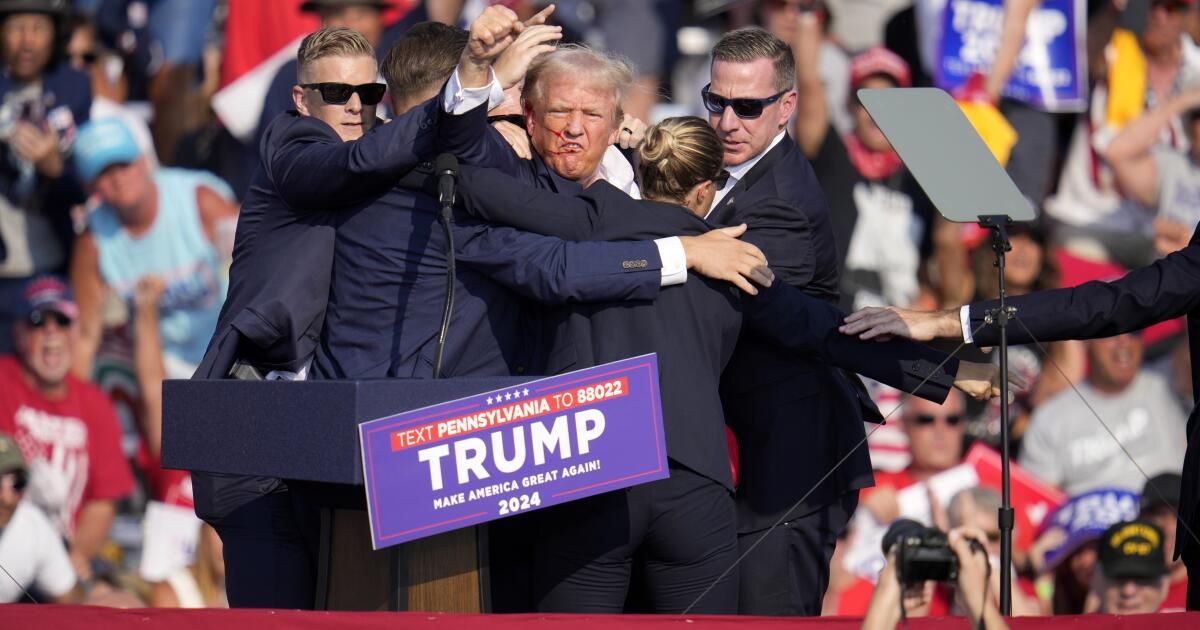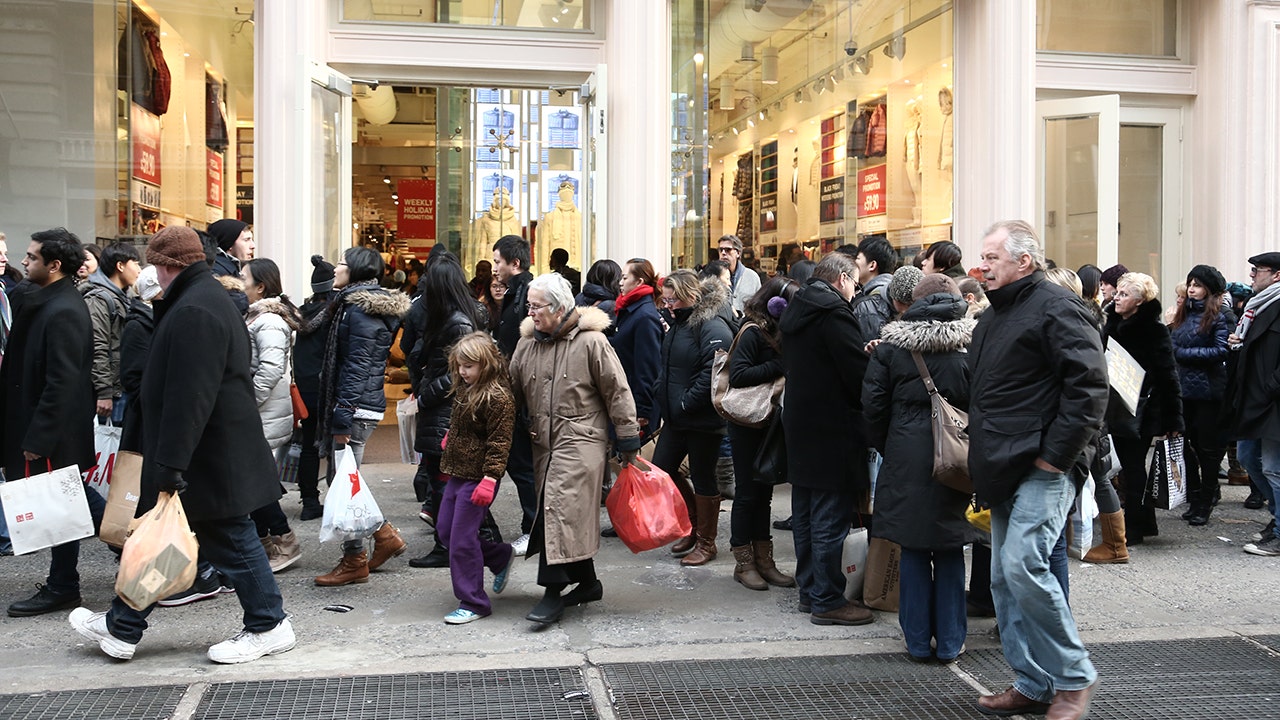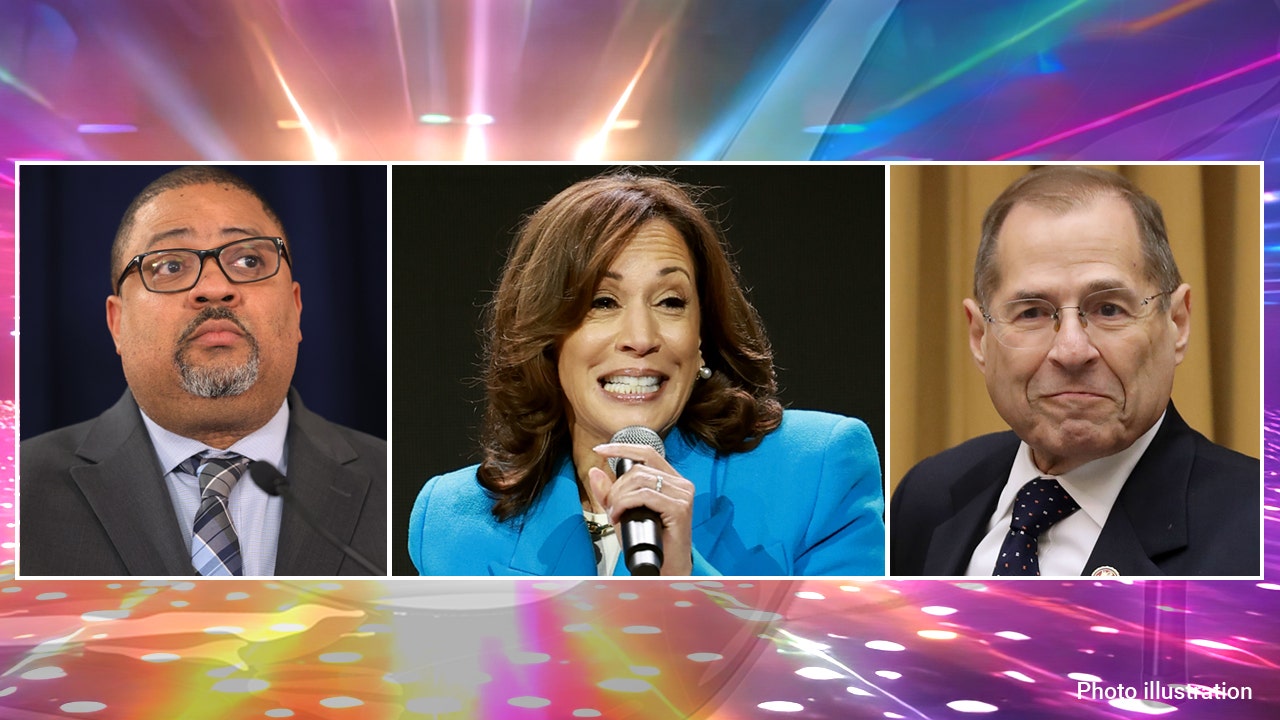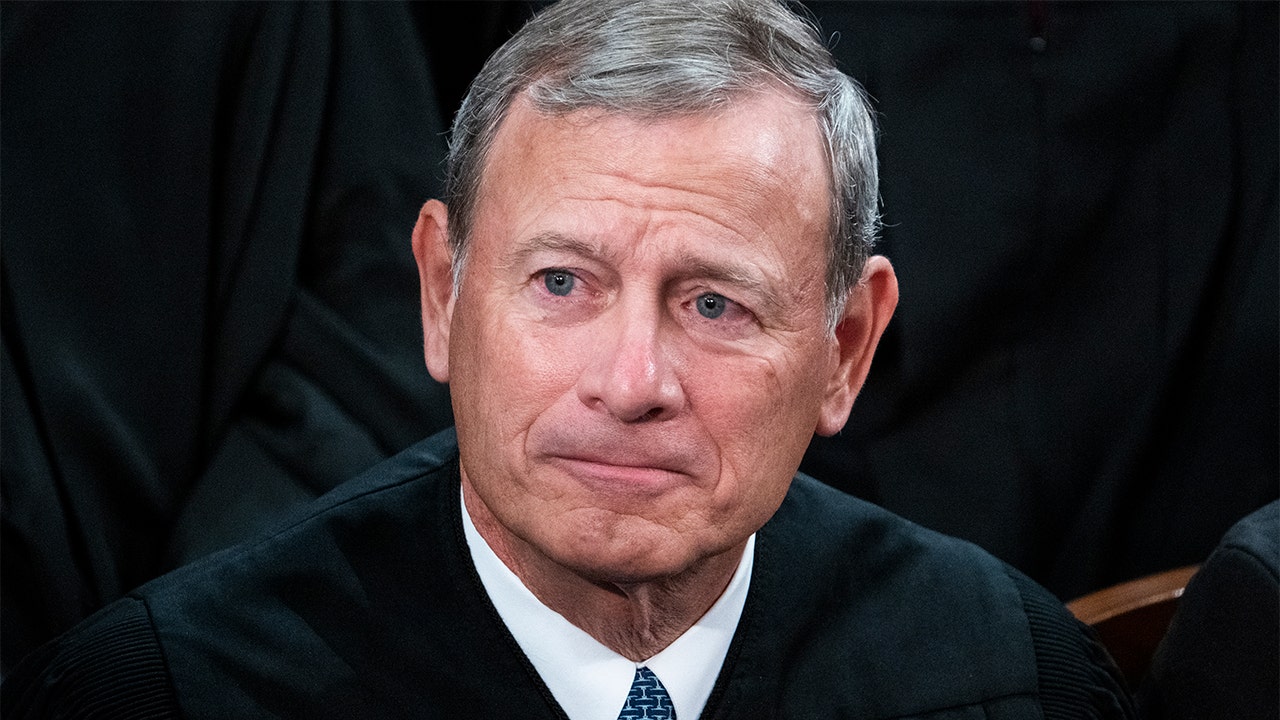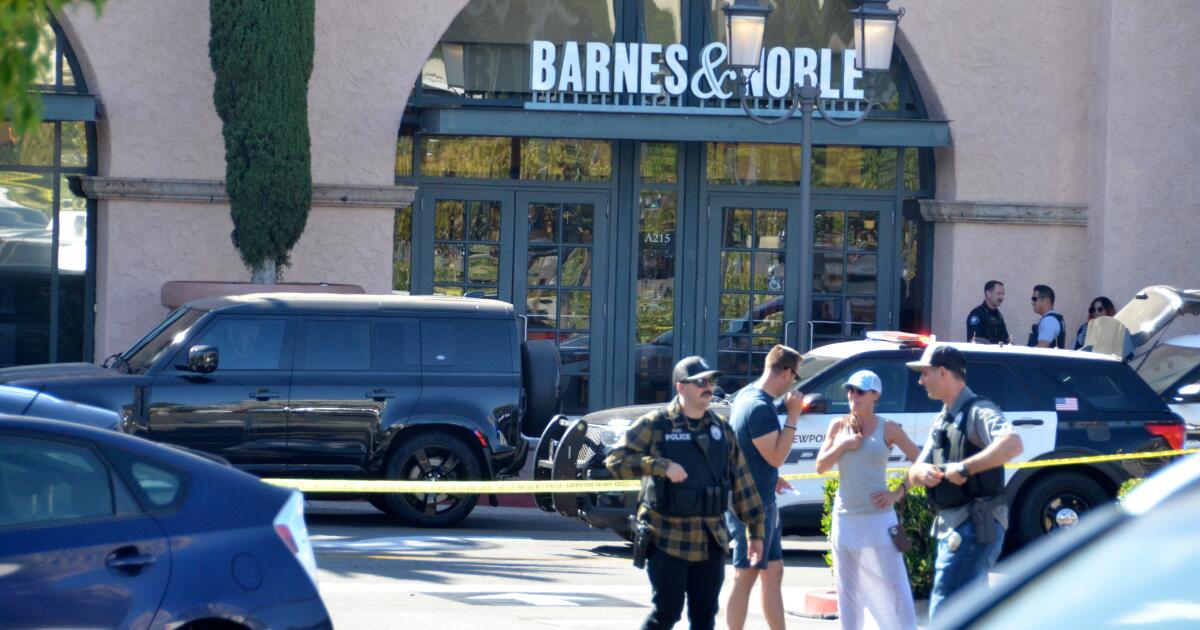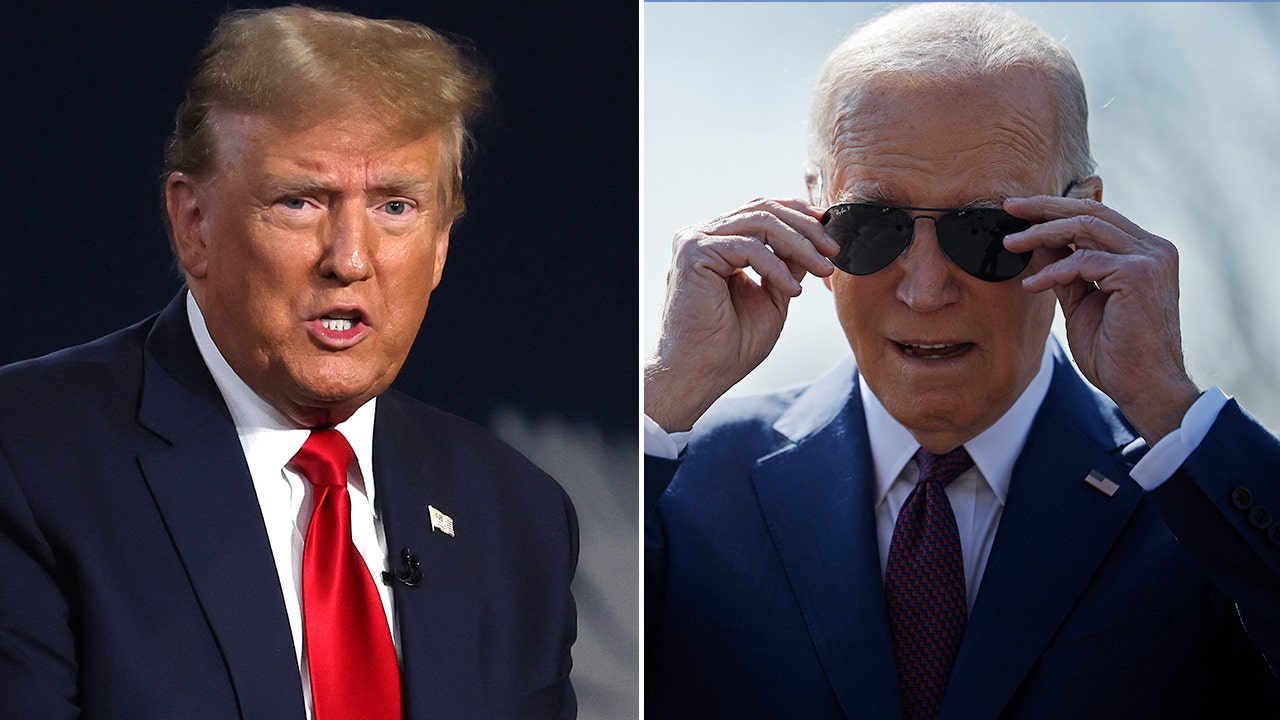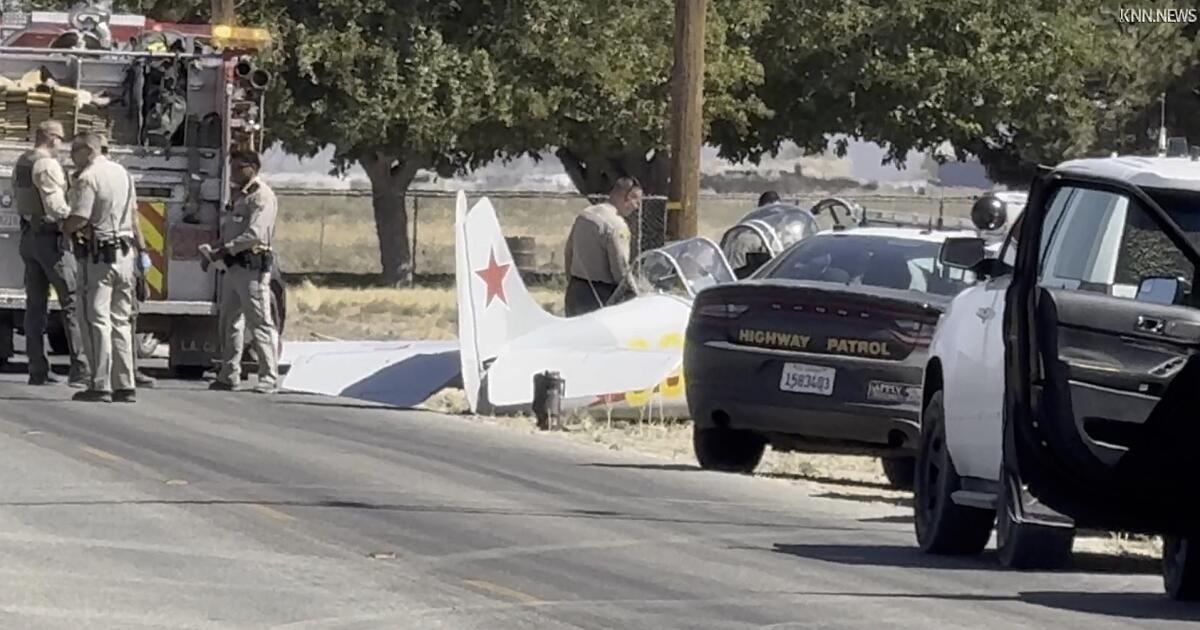A campaign season already marred by threats and insults is now tainted by deadly violence in the latest dark chapter for a polarized America.
Former President Trump was wounded in a shooting at a campaign rally in Butler, Pennsylvania, on Saturday, an attack that appeared set to upend a bitter presidential race and offered disturbing echoes of attempts to end the lives of past candidates, including Theodore Roosevelt and Gerald R. Ford.
Footage from the event shows Trump clutching his right ear and falling to the ground after gunshots were heard. Trump quickly stood up amid a phalanx of U.S. Secret Service agents and raised his fist toward the crowd as blood poured from the side of his head.
Shortly after Trump was rushed off the stage by his security team, a spokesman for the presumptive Republican nominee said he was “doing fine” and was being examined at a nearby medical facility. The shooting left one rally-goer dead and two critically injured, and the unidentified gunman was killed by the Secret Service, according to the agency.
Political leaders across the spectrum denounced the attack. President Biden said in a statement that he was “grateful to hear that.” [Trump’s] “He is safe and well. I am praying for him and his family and everyone who was at the demonstration.”
The history of violence in presidential campaigns goes back more than 100 years. Perhaps the most notable attack was the 1968 assassination of Robert F. Kennedy, then a leading candidate in the Democratic presidential primaries. That shooting, at the Ambassador Hotel in Los Angeles, was a defining moment in an era of American acrimony.
While it has been more than 40 years since a president or presidential candidate suffered an assassination attempt, more recent history is littered with examples of political violence, including the shooting of Rep. Steve Scalise, R-La., during a congressional baseball game in 2017; the brutal attack on former House Speaker Nancy Pelosi’s husband at the Democratic lawmaker’s San Francisco home in 2022; and the Jan. 6, 2021, riot at the U.S. Capitol.
“Political violence is, unfortunately, a reality of our time,” said Allan Lichtman, distinguished professor of history at American University.
And amid a campaign rife with invective — Trump has called Biden a “bunch of rotten garbage,” and the Democrat has called his rival a “fool” and a “loser” — political violence has been part of the narrative from the start. This is in part due to the Jan. 6 attack on the U.S. Capitol by insurrectionists trying to block the certification of votes for the 2020 presidential election.
Throughout the campaign, Biden has sought to link Trump to the rioters’ actions. But this month the U.S. Supreme Court ruled that presidents have absolute immunity from exercising fundamental powers, casting doubt on prosecutors’ ability to hold the former president accountable for his alleged efforts to subvert Biden’s victory.
The shooting was the first assassination attempt on a president or candidate for office since 1981, when John W. Hinckley Jr. shot President Reagan. And, like several presidential candidates targeted before him, Trump was attacked at a political rally, highlighting the stakes of the election campaign.
In 1912, while campaigning for a third presidential term, Theodore Roosevelt was shot just before he was scheduled to give a speech at a rally in Milwaukee. With a bullet lodged in his chest, Roosevelt continued his remarks, famously quipping, “It takes a lot more than that to kill a moose,” a reference to his political party’s nickname.
President Ford, who had taken office after Richard Nixon resigned in 1974 amid the Watergate scandal, was the target of several consecutive assassination attempts. They occurred in September 1975, over a 17-day span during which Ford made visits to California about a year before the election in which he would seek, and ultimately lose, a full term in office.
In the first episode, Ford was in downtown Sacramento to meet with then-Governor Jerry Brown. As he walked to the meeting, the president stopped to shake hands with people who had lined up to greet him. Lynette “Squeaky” Fromme, a Charles Manson follower, stood out in the crowd in a long red dress. Ford moved to shake Fromme’s hand but instead pointed a gun at her stomach. One of Ford’s Secret Service agents saw the gun and grabbed it before it went off. Ford was escorted to the Capitol, where he met with Brown.
Less than three weeks later, Sara Jane Moore shot Ford as he left a speech at a San Francisco hotel. Moore was a former FBI informant who had been treated for mental illness and was reportedly interested in radical politics. Her shot missed the president by several feet.
A year after surviving assassination attempts, Ford was defeated by Democratic candidate Jimmy Carter.
Eric Schickler, a political science professor and co-director of the Institute of Governmental Studies at the University of California, Berkeley, said the Trump shooting may be shocking to some, in part because many Americans don't remember the numerous high-profile (and foiled) political assassinations in the 1960s and 1970s.
“In 1975,” Schickler said, referring to the attempts to kill Ford, “that's still the period after the '60s, when you had John F. Kennedy, Robert Kennedy, Martin Luther King … as well as a series of political attacks and political violence.
“It’s a very different time in many ways than what we’re living through now,” he said. “It’s outside the experience of many Americans.”
The assassination of U.S. Senator Robert F. Kennedy on June 5, 1968, was an epoch-making moment. Kennedy, the leading candidate for the Democratic presidential nomination, gave a speech at the Ambassador to commemorate his victory in the California primary. As Kennedy left the stage and exited through the kitchen, he was confronted by Sirhan Sirhan, who shot him three times with a .22-caliber revolver.
Kennedy was taken to Good Samaritan Hospital, where he was pronounced dead the next day. The assassination took place on the anniversary of the Six-Day War between Israel and Arab nations. Born to a Christian family in Palestine and raised in Pasadena, Sirhan is believed to have been motivated by Kennedy's pro-Israeli stance.
The Ambassador was demolished in 2006; a public school complex named after Kennedy has since been erected in its place.
Robert F. Kennedy Jr., a third-party presidential candidate and one of the late statesman's sons, took to social media to call for calm after Trump's shooting.
“Now is the time for every American who loves our country to put aside division, renounce all violence, and join together in prayer for President Trump and his family,” Kennedy Jr. said on X, formerly known as Twitter.
Lichtman, a professor at American University, said it was too early to assess the political fallout from Saturday’s shooting, but he expressed concern that Republicans could use the attack to target Democrats, “risking further political violence.”
“It is the height of irresponsibility that we know nothing about the shooter or his motivations, that we make this political, that we blame the president, the former president’s political opponents, Joe Biden, the Democrats,” Lichtman said. “That is beyond tragic. The only result of that would be to perpetrate more political violence.”

